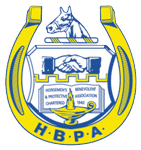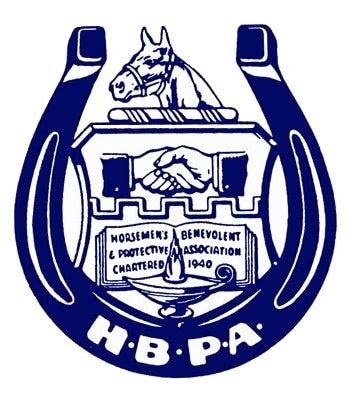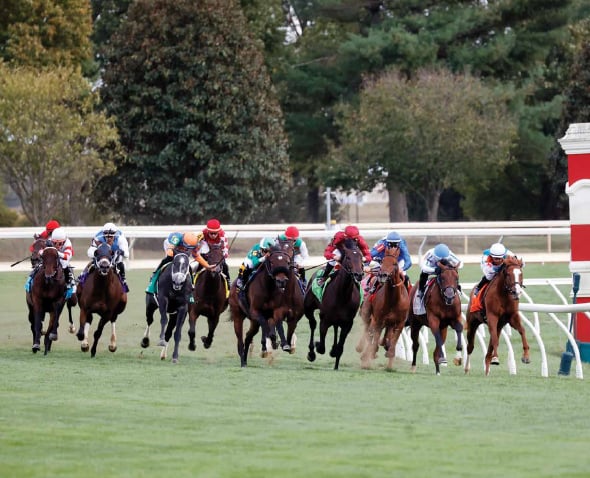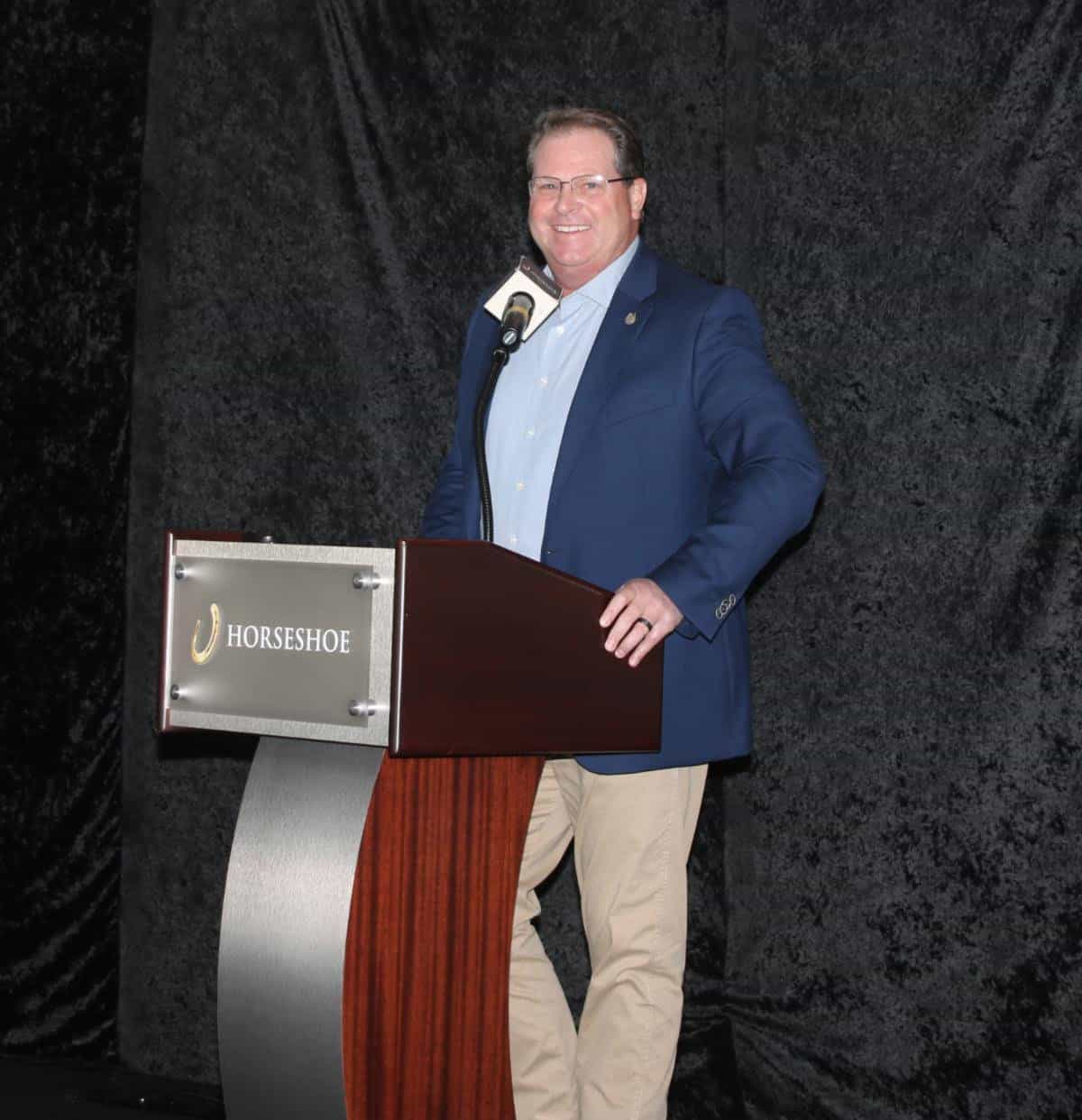Hearing Close on Rewrite of PA Racing Bill
Blood-Horse
State officials in Pennsylvania said they expect lawmakers the week of Nov. 16 to consider legislation that would, in part, stabilize the funding of horse racing regulation.
Department of Agriculture secretary Russell Redding Nov. 13 also said talks have progressed to the point that the administration of Gov. Tom Wolf has deferred making a decision to halt Thoroughbred and Standardbred racing in Pennsylvania. The administration in October indicated racing could cease given a $10 million shortfall for regulation and a state budget crunch.
Redding indicated lawmakers are working on a rewrite of Senate Bill 352, a complex document that basically rewrites pari-mutuel racing law.
“This week’s talks continued to produce positive steps forward,” Redding said in a status update. “I appreciate the commitment by the chairman of the House Agriculture and Rural Affairs Committee and legislative leaders to schedule a committee vote in the House on Senate Bill 352. We continue to build on the framework agreement reached last week on that bill.
“No one is getting everything they want in this bill, but it will give us the long-term financial fix we need to maintain the integrity of this industry and the tools we need to modernize it for the first time in decades. We’ll keep working with the General Assembly in the coming days to put the finishing touches on the bill so a long-term solution can be enacted in the very near future.”
The Senate bill, a revision of one introduced late last year, was referred to the House Agriculture and Rural Affairs Committee June 24. Introduced by Sen. Elder Vogel, the legislation didn’t progress through the summer.
Officials haven’t commented on what the revised bill will include outside of a new funding plan for racing regulation. The one introduced in June called for one racing commission rather than two—Pennsylvania has one for each breed—revisions in the required minimum number of racing days, and assignment of 1% of revenue from the Race Horse Development Fund for the marketing of racing. The RHDF is supported by a percentage of revenue from slot machines at the state’s casinos.
Funding for regulation comes from a slice of in-state pari-mutuel handle, which has declined over the past 10 years. Racing regulation doesn’t get a cut of the industry’s share of slots revenue, which from 2006 through this fall has totaled more than $2 billion, according to Pennsylvania Gaming Control Board statistics.
“Pennsylvania’s equine industry is an important part of the state’s agriculture sector,” said Redding, whose department oversees the racing commissions. “Preserving live (Thoroughbred) and harness racing is imperative to keep this industry thriving. That was part of the rationale for legalizing gaming and casinos in Pennsylvania in 2004. We’re going to stand behind that commitment.”





